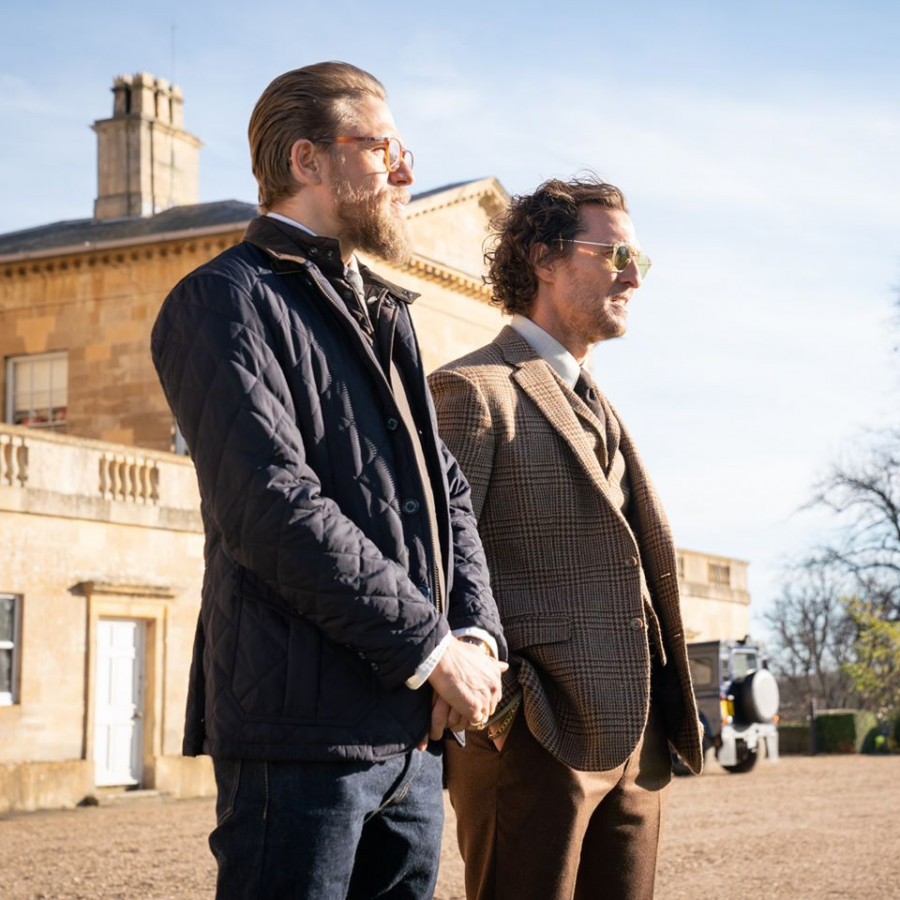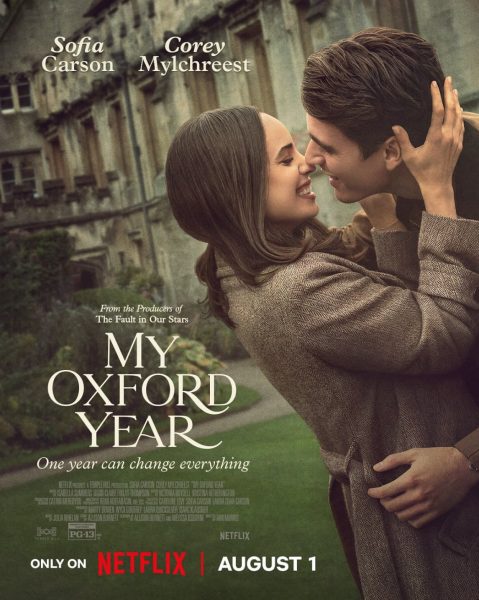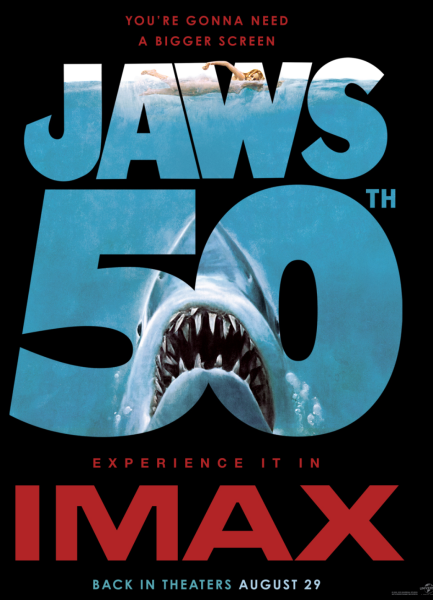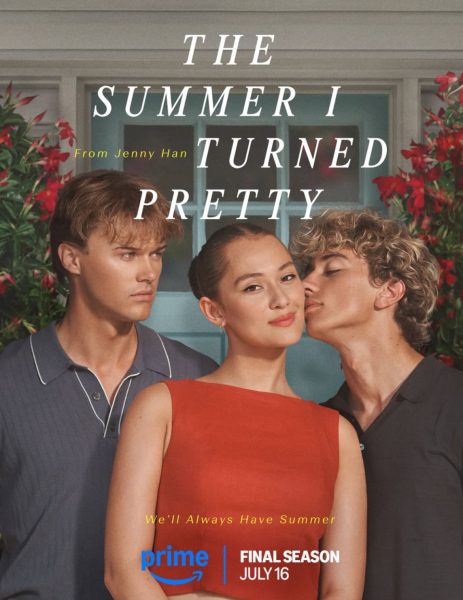“The Gentlemen” Remains Stuck in the Past
After nearly a decade of exclusively directing reboots and reimaginings like “Aladdin” and “Sherlock Holmes,” Guy Ritchie returns to the work that defined his earlier career with “The Gentlemen.” In the vein of “Lock, Stock and Two Smoking Barrels” and “Snatch,” his newest film follows British gangsters and their often dark, comedic conflicts, but this time the illicit dealings, brawls and hooliganism are between the elites of a bygone era. Past-their-peak gangsters, diminished nobility and shameless tabloid writers rule the England depicted in “The Gentleman.”
The protagonist of “The Gentlemen” is Mickey Pearson (Matthew McConaughey), an American cannabis baron trying to cash out and buy his way into British aristocracy.
We learn about his struggle to break free through Fletcher (Hugh Grant), a sleazy journalist, unlicensed private eye and aspiring screenwriter. Mickey’s story becomes obscured by the elaborate power plays and volatile personalities, all filtered through a narrator who is as inconsistent as he is biased.
The movie’s unreliable narrator ends up being the source of its identity, as well as almost all of its problems. Grant perfectly depicts Fletcher as a voyeur who prioritizes theatrics over money. His bizarre, lopsided account of Mickey’s tale would feel a lot less distinct without so much obvious tampering.
Unfortunately, this also makes the film difficult to follow, and even getting used to his style doesn’t make things entirely clear.
A larger issue is how frankly backwards this film is in so many respects. While I’ve enjoyed Ritchie’s previous work, I wouldn’t place him on the forefront of progress. However, that’s nothing compared to how “The Gentlemen” handles its representation. Mickey’s primary rivals are Chinese gangsters led by the ruthless young upstart Dry Eye (Henry Golding). Their depiction is reminiscent of turn-of-the-century “yellow peril” racist tropes and more recent, but equally objectionable, notions.
The same goes for Mickey’s other rival, fellow American Matthew Berger (Jeremy Strong). Strong and the script at least lend him some more complexity, but he still ends up as a “Jewish billionaire” caricature, especially towards the end of the film.
The few prominent women present in the film play small roles and meet horrible fates, a fact even Michelle Dockery’s smart, cold performance as Mickey’s wife Roz can’t mitigate.
Further complicating this is how most of the representation issues come from Fletcher’s account, which is pointed out as unreliable throughout the film.
The journalist himself is a gay stereotype, but there’s a nuance to Fletcher and the act he puts on that feels different from the much more vicious depictions of other groups in this film.
So the question remains: is this a story of deeply flawed, amoral individuals through the eyes of a shameless tabloid writer? Or, is the film just unequivocally offensive? I suspect both are true to some extent, but it’s a meaningless distinction altogether. Whatever “The Gentlemen” was intending to do, the outcome is something that just doesn’t sit right.
Throughout the film, moving on from the past or obstructing the future is a prominent theme. Much like Fletcher’s screenplay term-filled narration, it’s a bit of a metacommentary too. How does Guy Ritchie bring the gangster genre into the new decade? Poorly, as it turns out. The fact that Mickey and his cohorts get everything they wanted and more feels a little dirty.
The attempts at incorporating social media, modern slang and changing social norms feels incongruous with the distinctly old school narrative and values of “The Gentlemen.”
The key issue is how Mickey and company’s ruthless self-interest is somehow more virtuous than that of their primarily non-white adversaries, a claim the film, or at the very least Fletcher, never adequately supports.
It’s an interesting contrast with “The Irishman,” in which the last hour of the film dwells on the utter emptiness of the protagonist’s material success.
“The Gentlemen” isn’t a complete letdown. The soundtrack flows well, energizing the already frantic action scenes. The visuals, particularly the costumes, are consistent even when the story isn’t.
Every actor gives it their best, and when working with the screenplay’s better moments, they consistently manage to draw out laughs.
The soul of Ritchie’s previous work is there, embodied through young criminals in over their heads and horrible fates involving pigs.
Unfortunately, it’s all mired by convoluted delivery and offensive content. At its core, “The Gentlemen” is a straight take on the gangster flick.
But these days, that ends up feeling mean-spirited, dated and just plain wrong.













































































































































































































